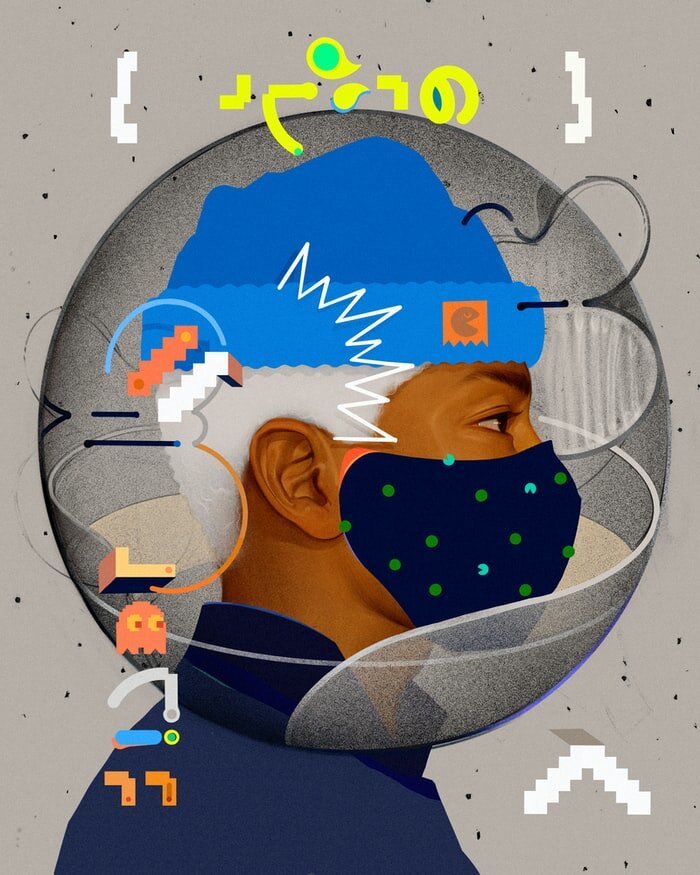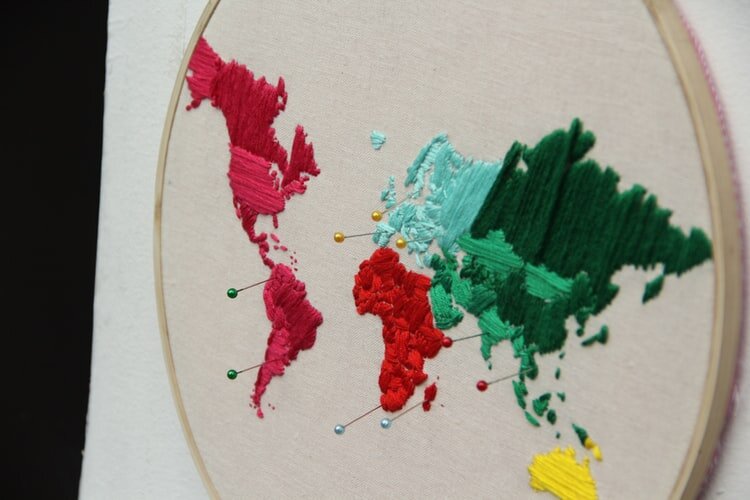Conspiracies and Trust in a Pandemic
By Stephan Lewandowsky | 19 February 2021
The pandemic has revealed weaknesses in our society, but it has also opened avenues for radical change; for conversations about how science can save humanity, how populism functions in a democracy, and how we should govern social media to prevent the rapid spread of misinformation. Stephan Lewandowsky is a cognitive scientist who studies how people think and make decisions. He investigates how trust and emotions are manipulated in a global health crisis.
About the Expert
Stephan Lewandowsky is a cognitive scientist with an interest in how people update their memories if information they believe turns out to be false. This has led him to examine the persistence of misinformation and spread of fake news in society, including conspiracy theories. He is particularly interested in the variables that determine whether or not people accept scientific evidence, for example evidence surrounding vaccinations or climate science. Because his research speaks to important contemporary events, he contributes to public debate through opinion pieces in the media and public engagement.
Here are the top three questions on Stephan Lewandowsky’s mind at this moment:
How does the public view the role of science during a pandemic?
What is the relationship between democracy and populism?
What are we going to do about social media?
You've heard his responses, and now we'd like to hear yours. Write to us using Stephan Lewandowsky’s questions as writing prompts and we may showcase your submission on our website! Click the link below for more information.













